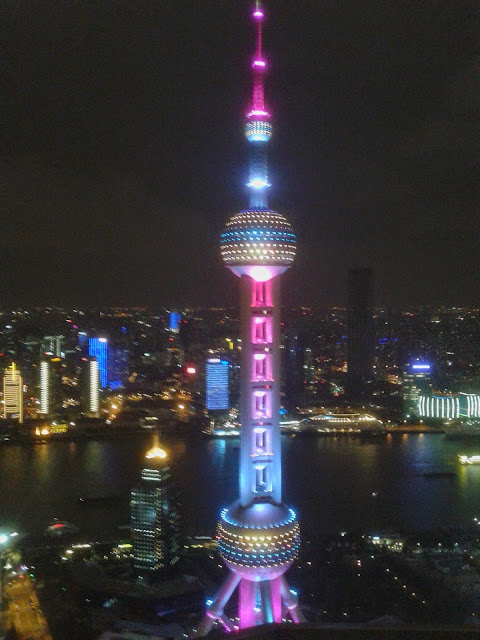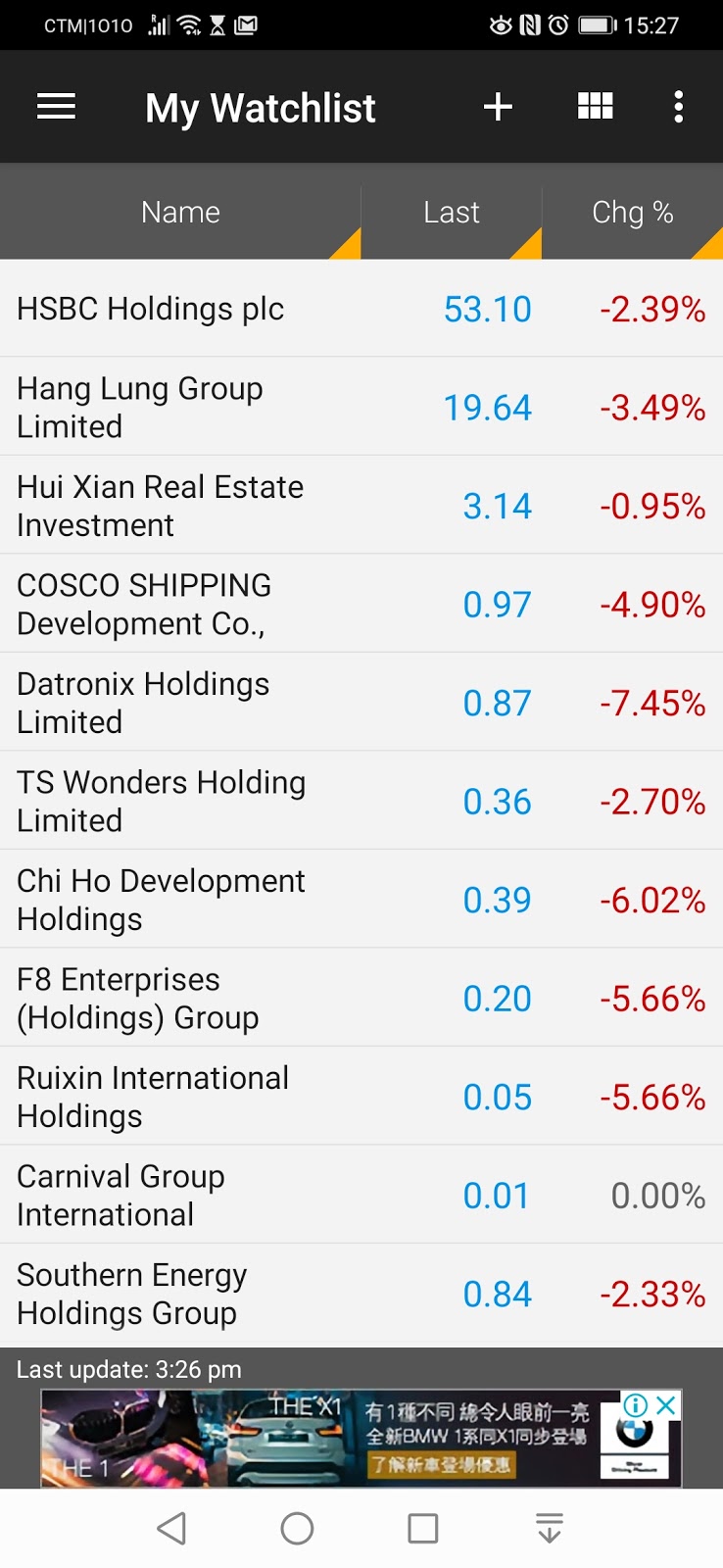A greatly admirable character - Muhammad Yunus
A beautiful mind is what I call it. It is immensely inspiring and touching to learn about a success story of someone creatively and passionately mobilizing resources to the great course of fighting poverty. But great is not just Muhammad Yunus' noble intent, which no doubt is shared by many people, not least the genuine-minded politicians and celebrities, the likes of Bono and Sting. Greatness is about Muhammad Yunus' wisdom and vision, his ideas and practice, and most importantly, the substantial results delivered and the far-reaching impact achieved. Read his latest book "Creating a World Without Poverty". This is further from a gimmicky tag and closer to the truth than one would imagine. It is about reaching out to the world of abject poverty and turning it to one of self-sufficiency, hope and dignity, by way of extending micro-credits to the poor, even the beggars.
Particularly inspiring is the savior's call for a paradigm shift about classical economics' assumption of man, that he is more multi-dimensional in life pursuits rather than just being driven by profit, and his advocate for "social business" as the way forward to address the capitalism's known vice of income inequality - business in which "investors" put money in not for the pursuit of profit but social well-being as a result. But it is not charity, because the investors can get the principal of money back, albeit without profit.
It may sound counter-intuitive why anyone would put money into any business with no return. What it takes is just another paradigm shift - people the world over donate to charity, let alone the rare but growing breed of philanthropists in the superlative league of the likes of Warren Buffet and Barron Hilton who donated tens of billions to charity foundations. The beauty of a social business over a charity organization is that the former is self-sufficiently run as a business with its equity fund, not relying on ongoing donation at all.
I wonder what Ayn Rand, the die-hard advocate for individualism and pure capitalism would have to say about Muhammad Yunus and his Grameen Bank. That hundreds of millions of dollars were lent to the abjectly poor simply based on trust and the goodwill for the collective good of the neighbours (and with almost a 100% repayment rate) could hardly be imaginable in Ann Rand's ideal world, where everybody should just take care of his/her own interests selfishly.
Initially I also wondered why the founder of a "people's bank" was awarded the Nobel Peace Prize instead of the Nobel Prize of Economics. I found the answer in his book, that poverty is a threat to peace. It is truly touching, even to tears.
Particularly inspiring is the savior's call for a paradigm shift about classical economics' assumption of man, that he is more multi-dimensional in life pursuits rather than just being driven by profit, and his advocate for "social business" as the way forward to address the capitalism's known vice of income inequality - business in which "investors" put money in not for the pursuit of profit but social well-being as a result. But it is not charity, because the investors can get the principal of money back, albeit without profit.
It may sound counter-intuitive why anyone would put money into any business with no return. What it takes is just another paradigm shift - people the world over donate to charity, let alone the rare but growing breed of philanthropists in the superlative league of the likes of Warren Buffet and Barron Hilton who donated tens of billions to charity foundations. The beauty of a social business over a charity organization is that the former is self-sufficiently run as a business with its equity fund, not relying on ongoing donation at all.
I wonder what Ayn Rand, the die-hard advocate for individualism and pure capitalism would have to say about Muhammad Yunus and his Grameen Bank. That hundreds of millions of dollars were lent to the abjectly poor simply based on trust and the goodwill for the collective good of the neighbours (and with almost a 100% repayment rate) could hardly be imaginable in Ann Rand's ideal world, where everybody should just take care of his/her own interests selfishly.
Initially I also wondered why the founder of a "people's bank" was awarded the Nobel Peace Prize instead of the Nobel Prize of Economics. I found the answer in his book, that poverty is a threat to peace. It is truly touching, even to tears.



Comments